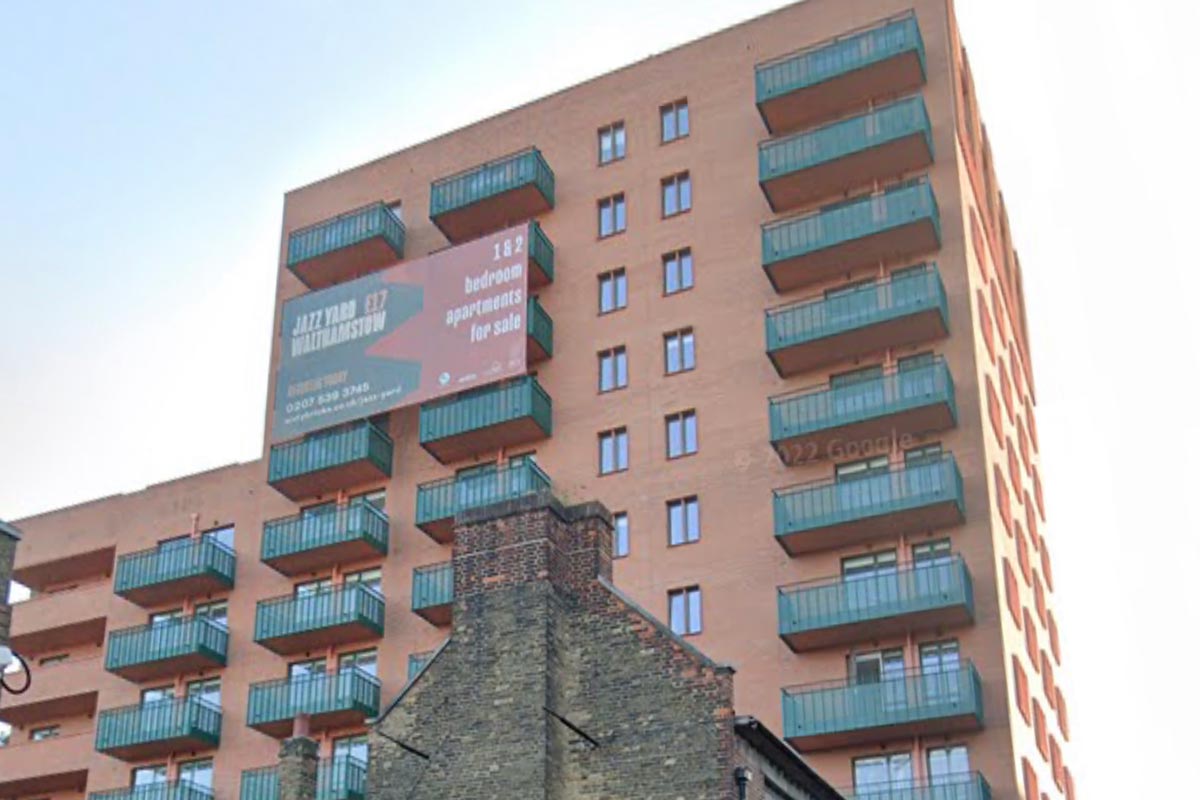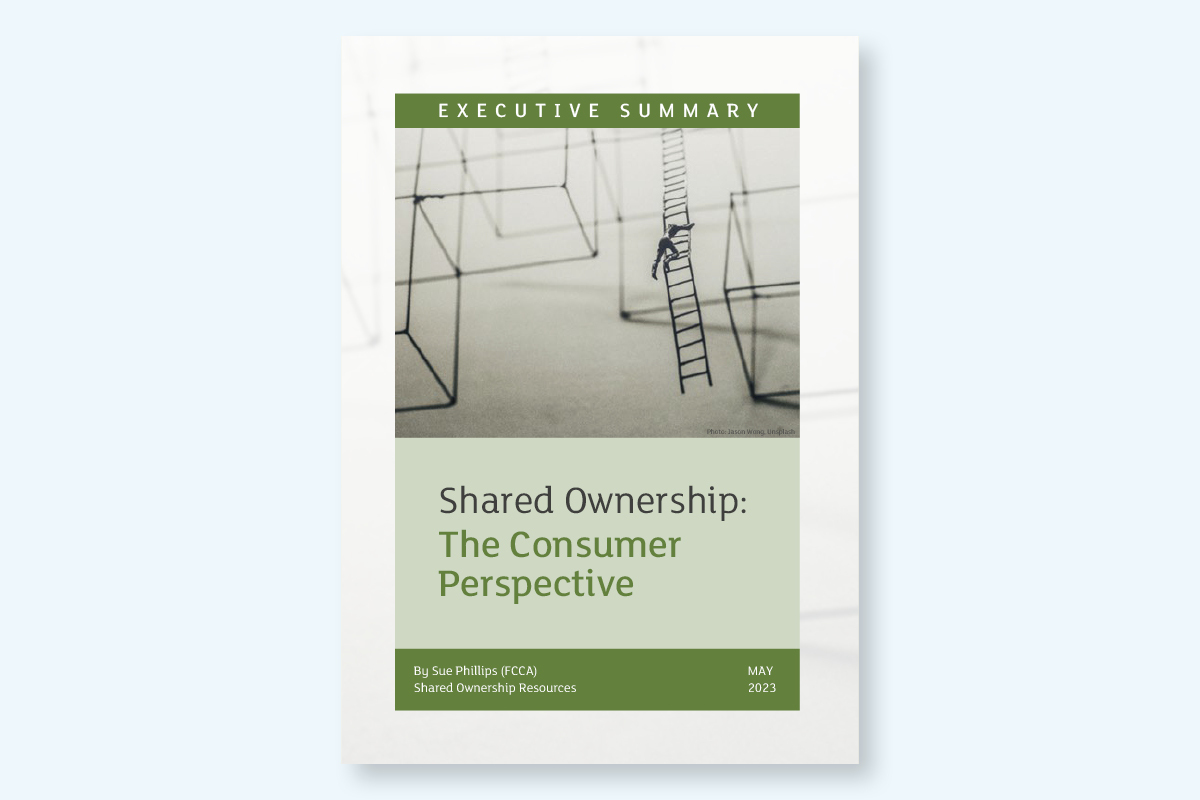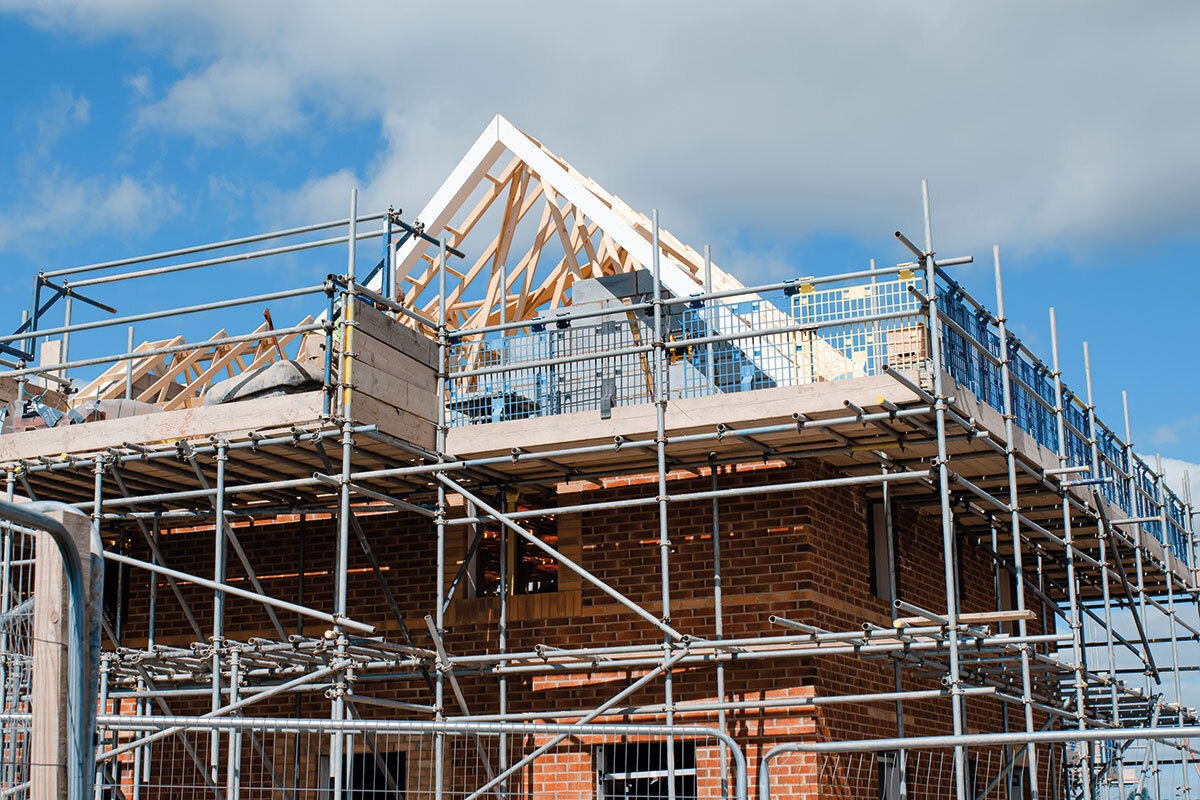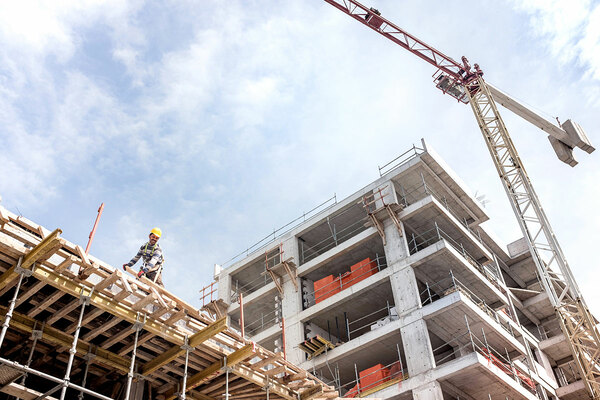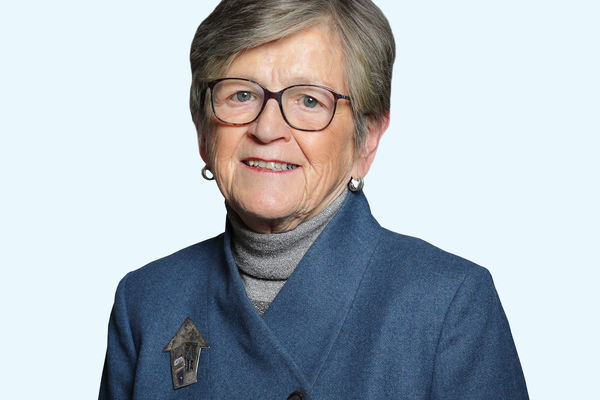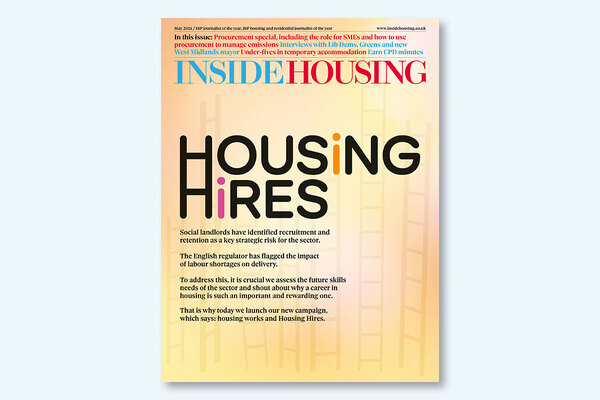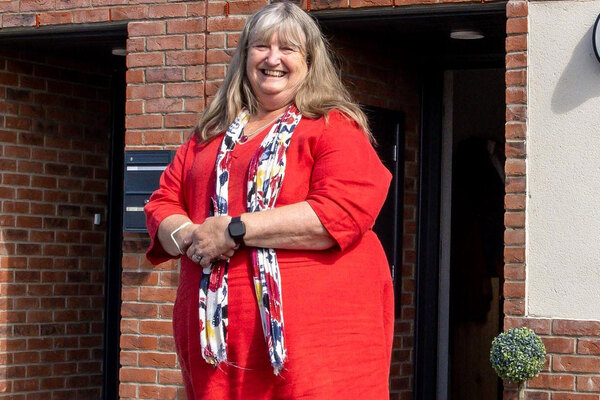You are viewing 1 of your 1 free articles
Social landlords prepared to offer ‘de-staircasing’ to shared owners as mortgage rates bite
Housing associations are preparing to allow shared owners to ‘de-staircase’ to a lower level of equity as higher mortgage rates bite.
Yesterday, the Bank of England raised the base interest rate to 5%, the latest in a series of hiked rates over the last two years, which has lifted rates from a low of 0.1% in December 2021.
This means borrowers face sharp rises as deals fixed for two years at lower rates start to expire.
Shared owners will have a mortgage equivalent to the percentage of the property they own and pay rent on the remainder.
As they are typically younger and lower-income buyers, they are less likely to have financial resilience, with many also facing soaring service charges and a 7% rent rise imposed in April.
Housing association leaders told Inside Housing they would be willing to allow shared owners to de-staircase – sell back equity to reduce their mortgage burden – where people could no longer pay.
Doing so is typically funded through recycled capital grant funding, but is offered solely at the provider’s discretion.
Laura Osborne, director of sales and marketing at Platform Housing Group, said: “We will allow customers to reverse staircase in exceptional situations and this will be dealt with on a case-by-case basis. Our shared owners, like all of our customers, can access support from our successful tenancies team and apply for help through our established Wellbeing Fund.”
Sarah Ireland, executive director of strategy and growth at Accent Group, said: “We have not had any issues arise so far, but do not expect this until next year when we foresee that these difficulties could emerge when some of our customers begin to come to the end of their fixed-rate mortgage payments. We will consider flexibilities in the coming months to help support our customers.”
Mark Perry, chief executive of Vivid, said: “We have always, ever since we’ve been doing shared ownership, taken everybody’s personal circumstances into account.
“We would say if you’re having some sort of difficulty meeting mortgage payments, we would encourage our customers to get in contact with us first.
“Because there are some opportunities around reversing some of the staircasing and we would want to work with our customers in doing that. We haven’t had that yet. But we did see that a bit in 2008 and 2009.”
In an interview with Inside Housing last week, Geeta Nanda, chief executive of Metropolitan Thames Valley, said: “I think shared owners are in a very difficult situation at the moment with increases in mortgage rates. We do allow flexibility for people, if they’re really stuck, to be able to go down, so if they’ve got 50% and they can’t afford it any more to go down to 25%.”
Government guidance describes downward staircasing as “an option of last resort where the leaseholder has got into or is about to get into mortgage arrears and is at risk of losing their home”.
It adds: “Downward staircasing is not a right; it is offered solely at the discretion of the registered provider.”
It says that the housing provider should be “satisfied that the shared owner has explored and exhausted all other options”.
“The shared owner must produce evidence to prove their difficulty with the mortgage repayments, although they need not be in arrears,” it says.
A policy for large London housing association L&Q says that shared owners should have “explored their other options” including “considering taking in a lodger” or “selling your share and moving home”.
The current position of many shared owners is complicated by the building safety crisis: those in properties awaiting fire safety work are unlikely to be able to sell.
Sign up for our development and finance newsletter
Already have an account? Click here to manage your newsletters

